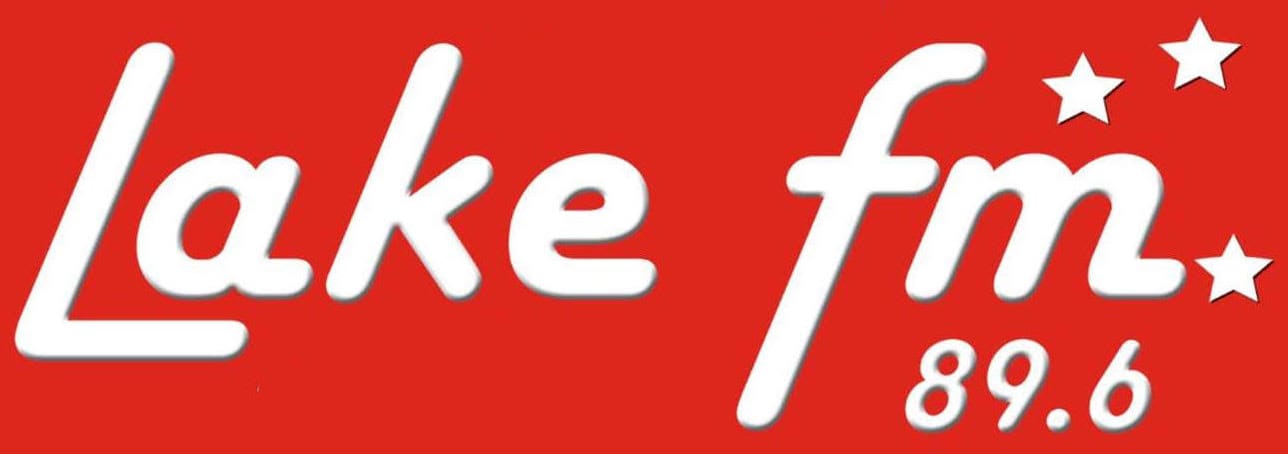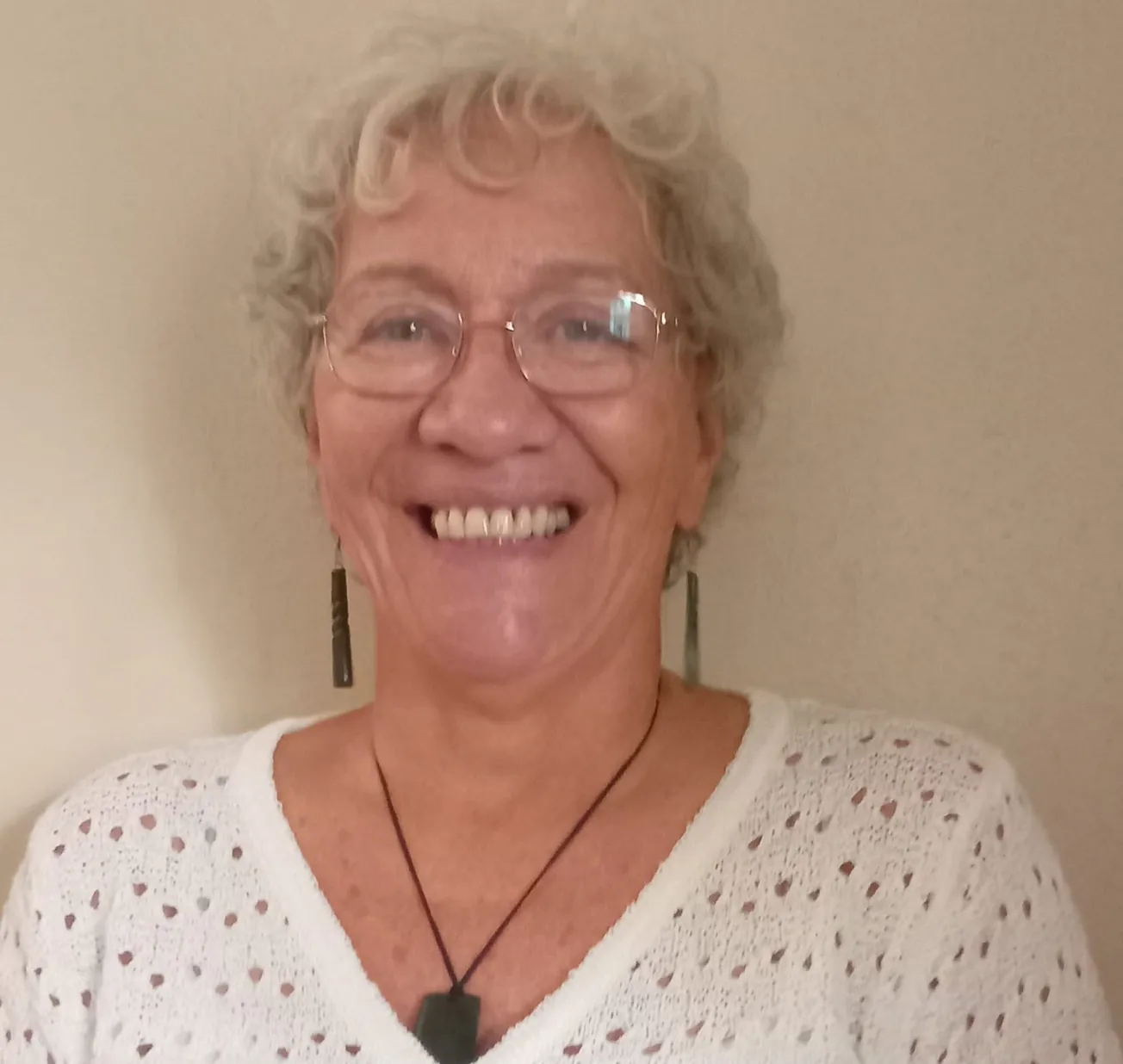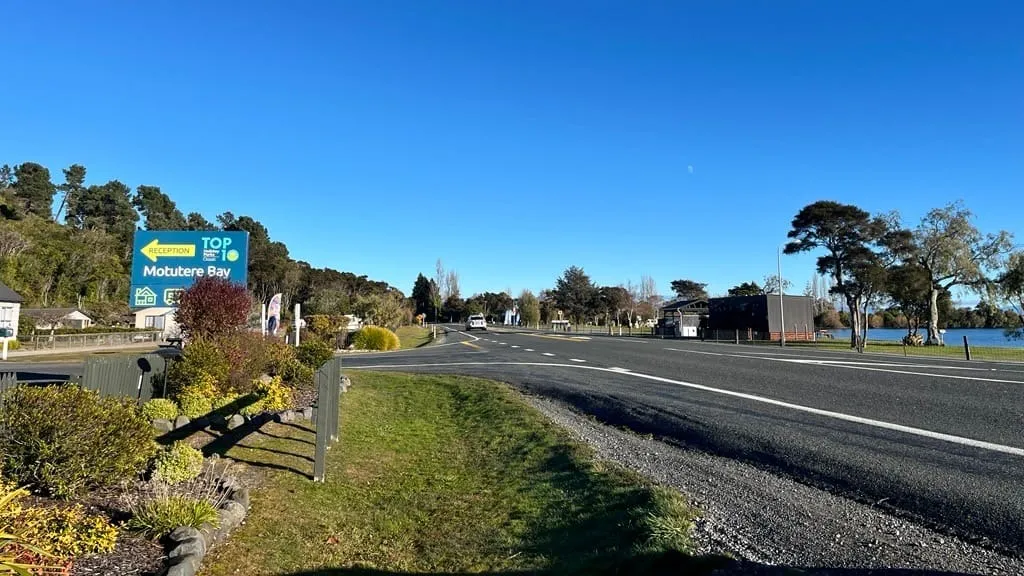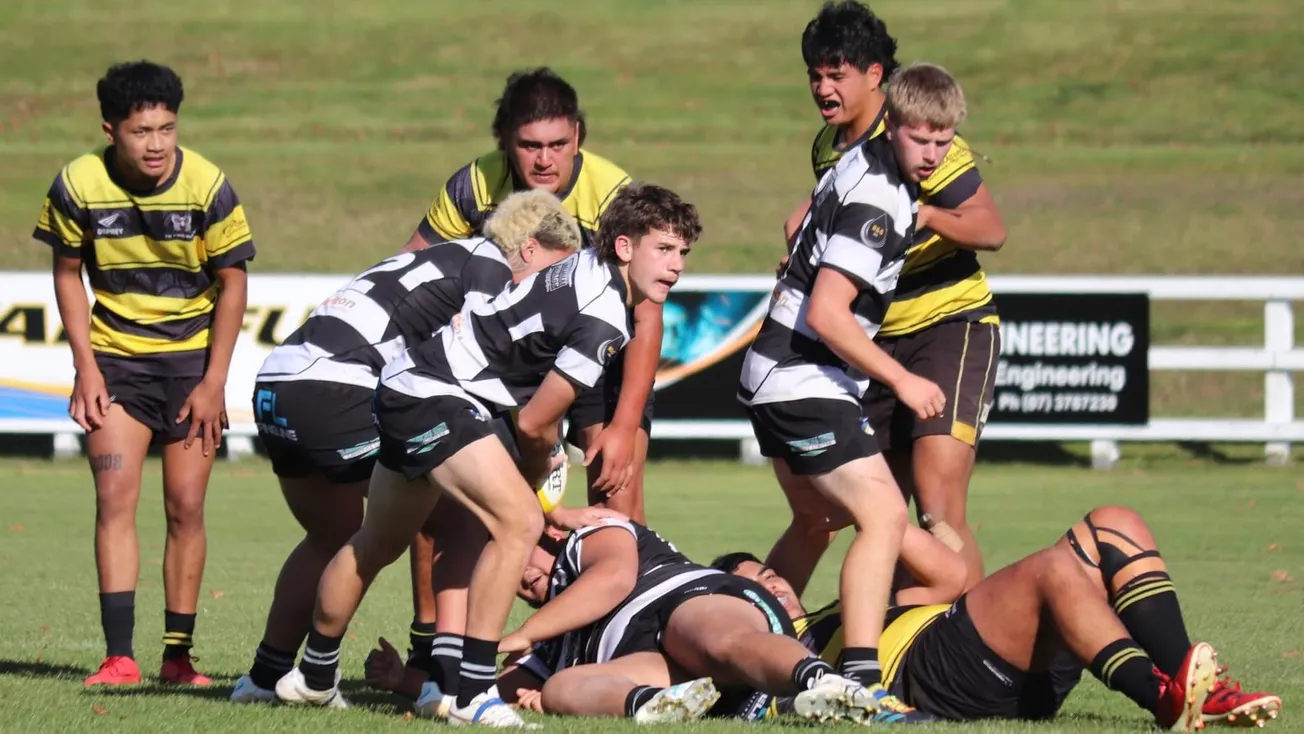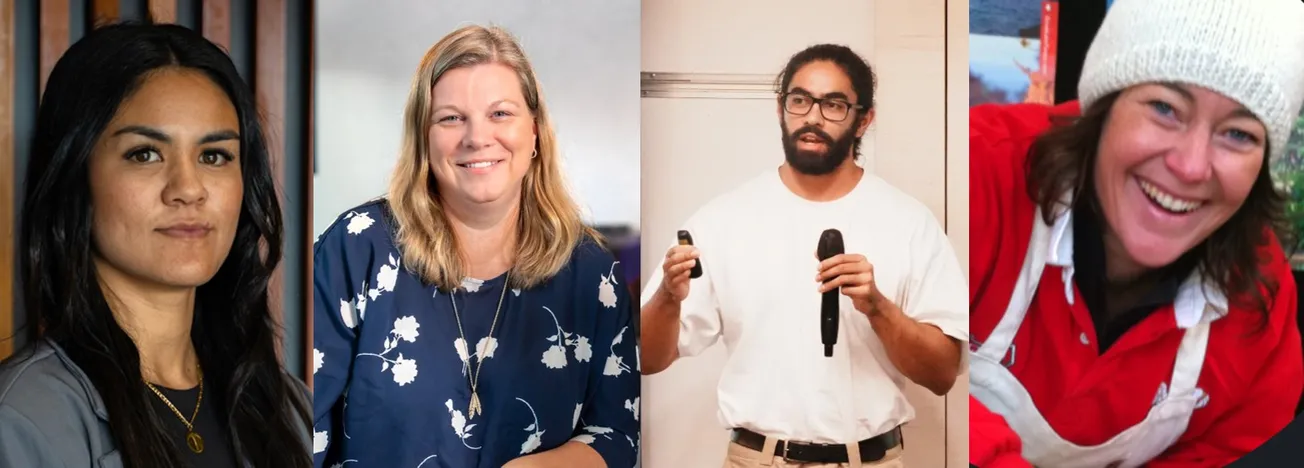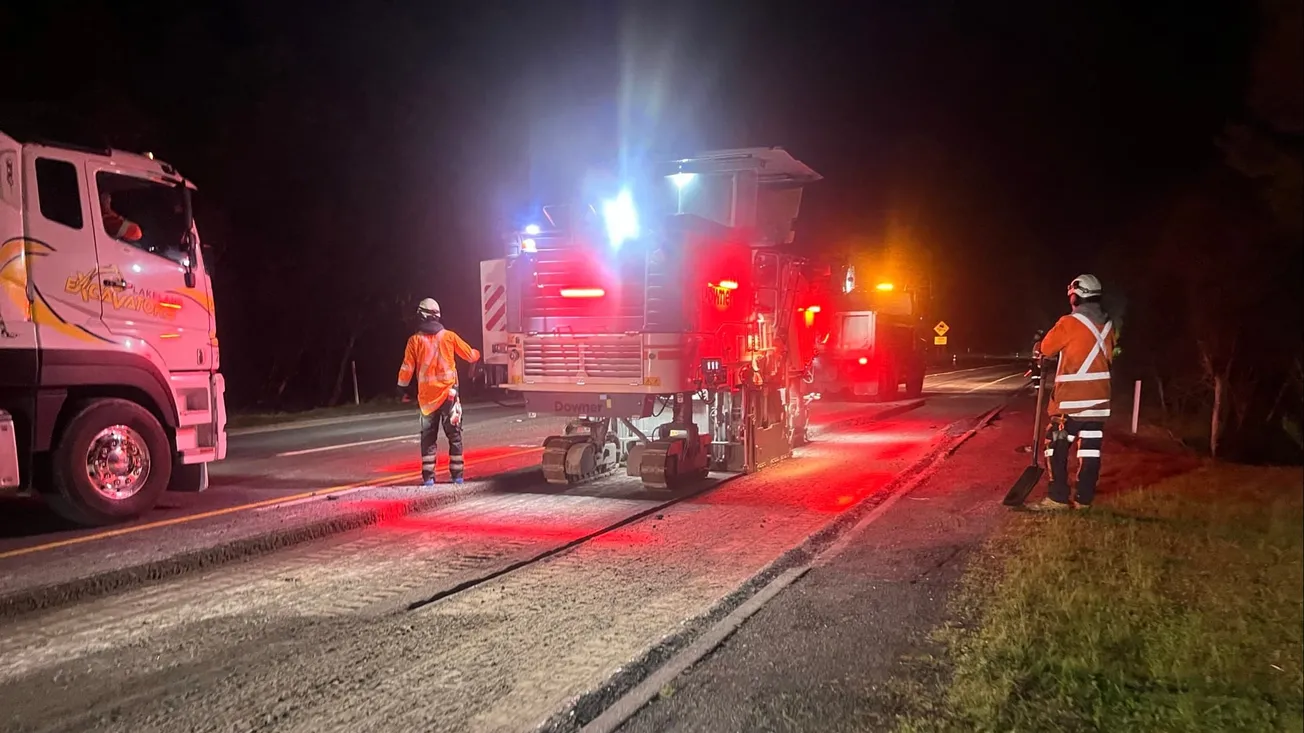Taupō’s Dr Lesley Kay Rameka (Ngāti Raukawa, Ngāti Tukorehe) is humbled by her King’s Birthday honour of becoming a Companion of the New Zealand Order of Merit and the citation’s description of her as an influential scholar in the area of Māori and early childhood education.
“I just did what I thought should be done really. Influential I'm not sure.”
Though she admitted to having students come back to her over the years “and they'll say that I made a difference but other than that when you’re working and researching and teaching you don't really know that.
“I present work now and again and in truth I don't know if people are gaining anything from it until someone comes up and says I really enjoyed that, I got a lot from it… I'm really pleased about that but while you’re doing the work…”
The driver was never personal gain, she said.
In fact, she admitted to feeling a sense of responsibility to articulate accurately the words of those she had interviewed in the course of her research.
“They had given me the time to actually talk and they had trusted me enough with their beliefs and their life, some of the things that happened to them and what they believe… I'm hoping that they would be happy with what I’d written, the way I had articulated their thinking and their ideas and their perspective.
“My aim is to highlight for Māori what we have already. For me it's this whole idea of reclaiming our culture, and our history and our ideas and then reframing it for the early childhood context so I needed to interview people who had had history and especially kaumatua kuia who were brought up in this kind of context and so I actually felt privileged to have them share their knowledge with me.”
Dr Rameka mainly worked with Māori early childhood services, like kohanga reo, puna reo, and bicultural bilingual services like those in the Whare Wananga o Aotearoa as well as doing some research with Kura Kaupapa Māori.
She felt a sense of pride when she saw how students had grown in stature through going through the system.
“To see them out there and know that they’ve come through kohanga and that Māori medium pathway and they’ve got great life options ahead of them. And they are very capable and competent in whatever they want to aspire to.”
She was happy that work being done in early education for Māori was also useful for mainstream English medium services.
“A lot of early childhood teachers who are Pakeha want to use some kind of te ao Māori way of working in the services… I'm really pleased because the majority of Māori children are in mainstream services and if they can utilise some of the findings and the research that has been done that's great.”
An important point about the kohanga reo movement, said Dr Rameka, was that it also became the starting point for a lot of adults, like herself, to embark on a ‘later life’ education journey.
While a mother help at Te Kōhanga Reo o Kimihia at Nukuhau Marae she and others realised that they needed to learn more about teaching practice.
A diploma of teaching from Waikato University started the journey.
“Then I just carried on, but when I started, I didn't actually have the idea then that was what I was wanting to do in life. It was just an opportunity at that time, and I wasn't alone in it…
“That's where we learnt the language because none of the mothers could speak te reo, so being in kohanga gave us that opportunity. It opened up a kind of education pathway for us.”
Some of those adult learners were now working within the Ministry of Education or other government agencies, she said.
“And they have come through kohanga just like me so it's an important aspect of kohanga reo but also of the wider Māori influence on education.”
